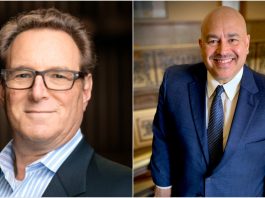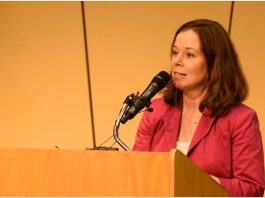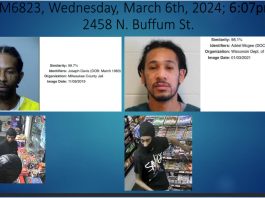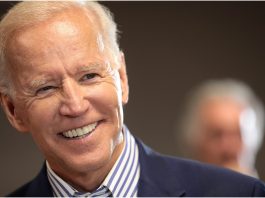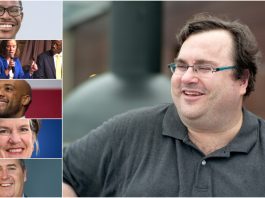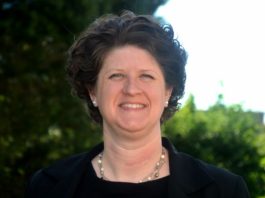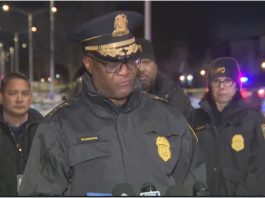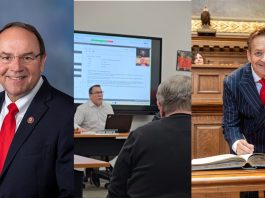As a local school board member, I have witnessed firsthand many of the issues of today that students are facing. Covid played a huge role in frightening children – as well as many adults.
Thankfully, four years later, it appears as if many people in our country have gotten over the initial governmental reactions and mandates to a disease that, in hindsight, was most deadly to the infirm and elderly.
Imagine being a child or young adult during that terrible period in our history. Not really knowing what was happening. Unable to see people’s faces due to mandatory masks. Not being allowed to play or gather with friends. No socialization whatsoever. Falling behind in school due to lessons being virtual. Seeing parents and other loved ones lose their jobs because they refused to get a vaccine shot, or because their place of employment shut down. Going to a store where workers are behind plexiglass and there are arrows on the floor telling you where to go. Not allowed to visit people in hospitals or nursing homes.
Who can forget numerous supply problems – toilet paper is just one example. So many horrible decisions were made based on the questionable recommendations from “expert” Anthony Fauci. No wonder so many of today’s children are sadly suffering from mental health issues!
Even though the absurd Covid protocols have ceased, the detrimental effects associated with such are still present in many young people today. Across the board, from kindergarten to 12th grade – and into college or beyond – young people are suffering from a variety of psychological ills. Covid was a big factor.
Social media, studies have found, also plays a big part in the mental health of youth – and not in a positive way. But an even scarier contributor to the problem is “wokeism.” Wokeism reared its ugly head much earlier than Covid and has been taking root in many institutions (especially in the educational realm) for several decades now. The term “woke” first appeared in the early 1900’s as a black slang word regarding racism.
Since that time, around 2014, the Black Lives Movement really seized upon “wokeism” and the socialist outcomes it desires. Psychology Today defines being “woke” as being “aware of and actively attentive to important facts and issues (especially issues of racial and social justice).” DEI (Diversity, Equity, and Inclusion) programs and training are a big part of being woke. Many on the left embrace “wokeism” and attack those who do not wish to go along with the socialist ideology.
Recently I came across an article, “America’s Woke Education is Fueling the Mental Health Crisis” by Nicholas Giordano, which offers great insight into why so many young people of today are anxious, afraid, depressed, and suffering from other issues. Some excerpts from Giordano’s piece:
“According to a new Gallup poll, ‘happiness’ is plummeting in America… …suicide ranks as the second leading cause of death among children ages 10-14 and young adults ages 20-34. Furthermore, 55% of young adults under the age of 30 suffer from anxiety, and 47% are depressed and/or hopeless…
The emphasis on wokeism in education combined with the decline of traditional values is fueling the mental health crisis among young people, leading to increased anxiety, depression, and unhappiness…
Our education system has moved away from cultivating critical thinking skills and knowledge, to indoctrinating and training activists through various DEI initiatives…Education officials also use fear tactics when teaching about politicized topics like climate change….
If division and fear weren’t enough, woke education diminishes self-worth and purpose, which are essential to mental health, as schools routinely lower standards in the name of equity…When goals are set and students accomplish set goals, it improves their mental well-being. When everyone is simply pushed through the system, it fuels the cycle of mediocrity.”
Giordano is a political science professor at Suffolk Community College and a Leadership Institute Campus Reform Higher Education fellow
You can read the entire article here.


